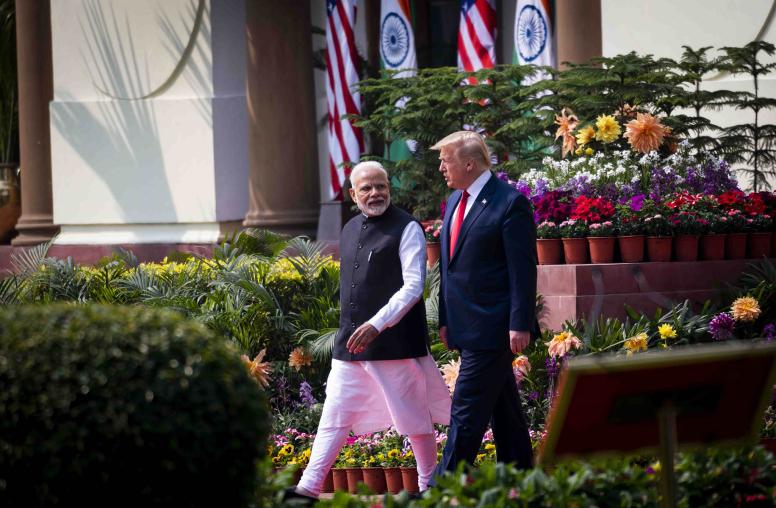Negotiating Across Cultures: International Communication in an Interdependent World
THE USIP BOOKSTORE IS TEMPORARILY UNAVAILABLE
Over the last decade, USIP has produced a definitive series of books on culture and negotiating styles. Described as "profoundly useful," this series is essential reading for diplomats, trade negotiators, policymakers, business leaders, and students. Books have been produced on French, Russian, German, North Korean, Chinese, Japanese, Israeli, Palestinian, and Indian negotiating styles. American, Pakistan, and Iranian negotiating styles are currently under development.
USIP also published Negotiating Across Cultures: International Communication in an Interdependent World (by Raymond Cohen). Orbis describes this resource as "a masterwork of cultural analysis applied to international politics...An insightful and entertaining narrative...on what can, but need not, go wrong in cross-cultural negotiations."



